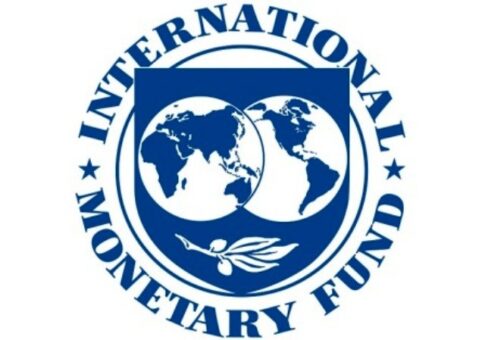Washington, DC, November 15, 2023 – The International Monetary Fund (IMF) disclosed on Wednesday that it has successfully reached a staff-level agreement (SLA) with Pakistani authorities on the first review of their stabilization program. The program, backed by the IMF’s $3 billion Stand by Arrangement (SBA), aims to bolster Pakistan’s economic stability.
The announcement comes after an IMF team, led by Nathan Porter, conducted discussions with Pakistani officials in Islamabad from November 2-15, 2023. The SLA is contingent upon approval from the IMF’s Executive Board, and upon approval, around $700 million will become available, bringing total disbursements under the program to almost $1.9 billion.
In a statement issued at the conclusion of the discussions, Nathan Porter highlighted positive signs of economic recovery. He emphasized that the execution of the Fiscal Year 2024 budget, ongoing adjustments to energy prices, and renewed foreign exchange inflows have alleviated fiscal and external pressures, contributing to a nascent recovery.
While acknowledging these positive developments, Porter noted that Pakistan remains vulnerable to significant external risks, including geopolitical tensions, rising commodity prices, and global financial conditions. He stressed the importance of continued efforts to build resilience.
Key priorities outlined under the SBA include:
Fiscal Consolidation: The authorities aim to achieve a primary surplus of at least 0.4 percent of GDP in FY24, emphasizing spending restraint, improved revenue performance, and capacity building for tax base expansion.
Social Safety Net: Measures to protect vulnerable populations involve timely disbursements for social protection, including the expansion of the Unconditional Cash Transfers (UCT) Kafaalat program.
Energy Sector Reforms: Immediate action is crucial to address the combined circular debt across power and gas sectors. Tariff adjustments and cost-side pressure reduction initiatives are underway, including private sector participation in Distribution Companies (DISCOs).
Exchange Rate and FX Reserves: Plans include a return to a market-determined exchange rate, transparency in the foreign exchange (FX) market, and refraining from administrative actions to influence the rupee.
Monetary Policy: Proactive measures to lower inflation towards its target through appropriately tight monetary policy.
Financial Sector Resilience: Continued vigilance to safeguard the soundness of the banking system, including addressing undercapitalized financial institutions.
State-Owned Enterprise (SOE) and Governance Reforms: Implementation of SOE law, privatization of select SOEs, and adherence to high governance standards to strengthen the business environment.
International Cooperation: Acceleration of engagement with multilateral and bilateral partners, emphasizing the timely disbursement of committed external support.
The SLA underscores a collaborative commitment to the economic reform agenda, positioning Pakistan for sustained stability and growth.
